Home > Study Material
Welcome to Daily News Analysis, your singular resource for UPSC CSE/PCS current affairs. Grasp the importance of staying updated for your UPSC/PCS journey.
Daily News Analysis presents essential news from top sources like The Hindu, Indian Express, Business Standard, and PIB, curated in line with the UPSC/PCS syllabus. Our expansive coverage includes Politics, Economics, Science & Technology, Environment, International Relations, and Governance.
Promptness and ease. We provide the day's news by 12:30 PM, serving as a consolidated, updated information hub. With Daily News Analysis, you lead the pack, equipped with trustworthy current affairs content.
Our platform's user-friendly design integrates your daily current affairs preparation into your study regime seamlessly. Explore an array of content - articles, summaries, infographics - to bolster your understanding of worldwide events.
Empower yourself with knowledge and self-assurance, and acquire a competitive advantage with Daily News Analysis. Embark on your journey towards UPSC/PCS triumph today. Remain informed, remain ahead, every single day with Daily News Analysis! Particularly beneficial for UPSC Mains, Daily News Analysis provides detailed analysis of news along with facts, catering to the broader UPSC and PCS examinations.
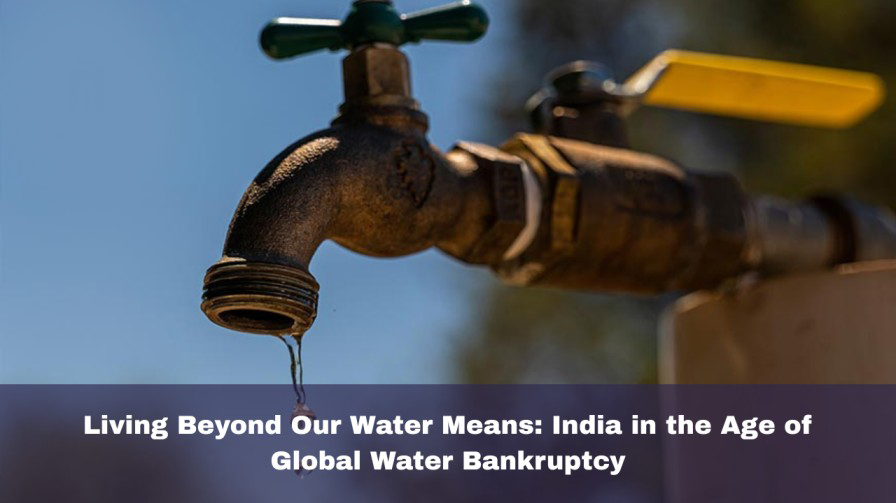
Daily News Analysis for UPSC | Current Affairs for UPSC Preparation | Dhyeya IAS / 28 Jan 2026
The latest report released in January 2026 by the United Nations University – Institute for Water, Environment and Health (UNU-INWEH), titled “Global Water Bankruptcy: Living Beyond Our Hydrological Means”, signals a major shift in the global discourse on water security. The report moves beyond the traditional and temporary notion of a “water crisis” and places the far more severe concept of “Water Bankruptcy” at the centre of analysis. Water bankruptcy arises when a nation’s annual water extraction consistently exceeds its natural recharge capacity, leading to irreversible depletion of ecological resources. India, the world’s largest user of groundwater, accounts for over 25% of global groundwater extraction. The report thus serves as a serious warning for India..
View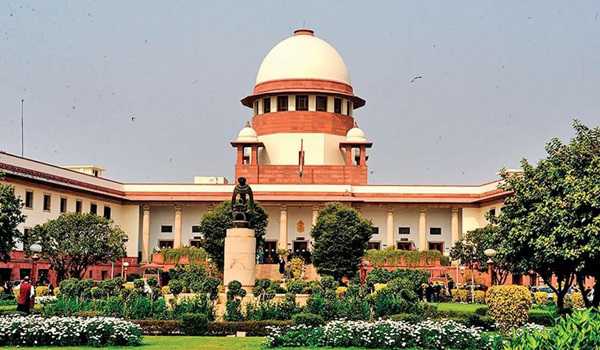
Daily News Analysis for UPSC | Current Affairs for UPSC Preparation | Dhyeya IAS / 21 Jan 2026
The Supreme Court of India’s recent verdicts on reservation, delivered within weeks of each other have provided long-awaited clarity on a contentious issue in public employment who is entitled to compete for General (unreserved) category seats, and under what conditions. These judgments are especially significant for aspirants of Union Public Service Commission (UPSC), State Public Service Commission (PSC), SSC and other competitive examinations, where disputes over cut-offs, relaxations, and category migration have frequently led to litigation and uncertainty..
View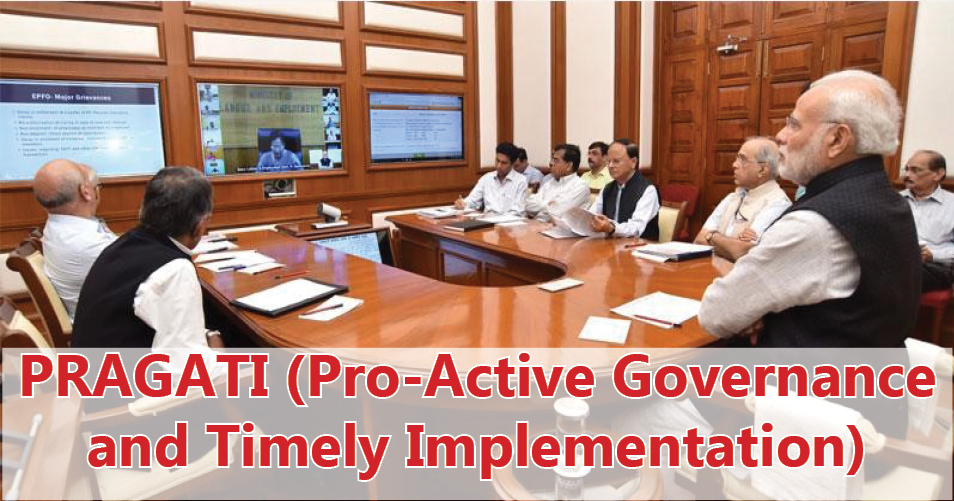
Daily News Analysis for UPSC | Current Affairs for UPSC Preparation | Dhyeya IAS / 16 Jan 2026
In India, the biggest challenge to development has often not been policy formulation, but its timely and effective implementation. Recently, on December 31, 2025, the 50th meeting of India's flagship governance initiative, PRAGATI (Pro-Active Governance and Timely Implementation), was held, marking a symbolic milestone in the Indian government's commitment to effective, technology-driven governance. Launched in 2015 as a real-time review platform, PRAGATI has become a cornerstone of administrative reforms, integrating accountability, cooperative federalism, and results-oriented public service delivery..
View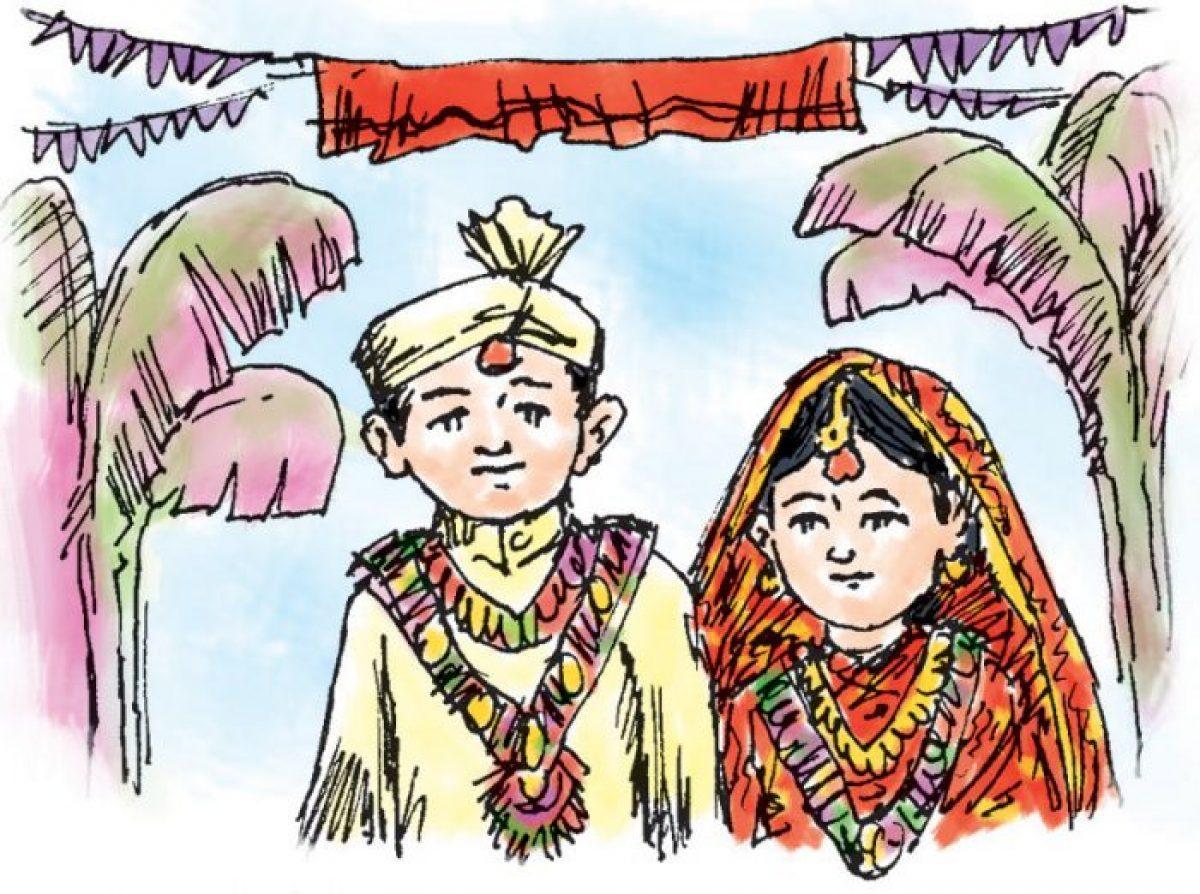
Daily News Analysis for UPSC | Current Affairs for UPSC Preparation | Dhyeya IAS / 14 Jan 2026
In view of this grave challenge, the Child Marriage Free India (BMFI) initiative, launched by the Government of India on 27 November 2024, represents a bold national commitment of the Ministry of Women and Child Development (MWCD) to eliminate child marriages across the country. The mission aims to reduce the incidence of child marriage to 10% by 2026 and to make India completely child-marriage-free by 2030. This objective is aligned not only with Sustainable Development Goal (SDG) 5.3, but also with India’s constitutional values of dignity, equality and individual liberty..
View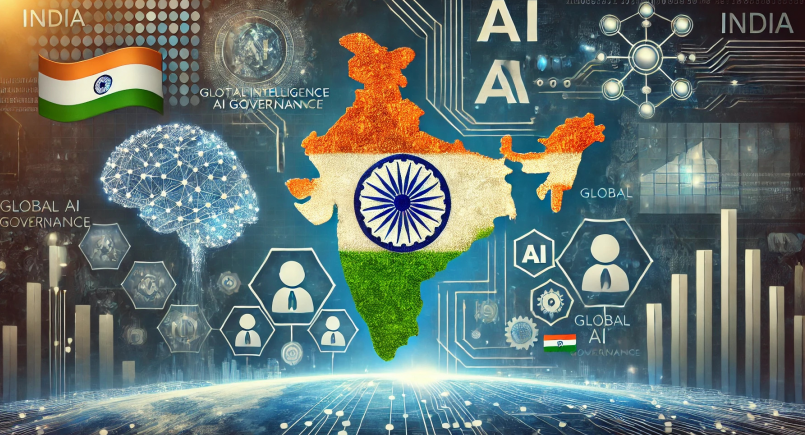
Daily News Analysis for UPSC | Current Affairs for UPSC Preparation | Dhyeya IAS / 09 Jan 2026
Artificial Intelligence (AI) has today become a decisive factor shaping global power balances, economic competition, and social transformation. Countries that adopted AI early, through policy support, investments, and institutional reforms, are now leading in innovation, productivity, and global influence. India, too, stands at the cusp of this transformation. AI is no longer confined to research laboratories or large corporations; it has entered citizens’ lives at every level. The recent roundtable interaction between Prime Minister Modi and Indian AI startups, along with the upcoming India AI Impact Summit 2026, clearly indicates that India views AI not merely as a technological upgrade but as a core national development strategy..
View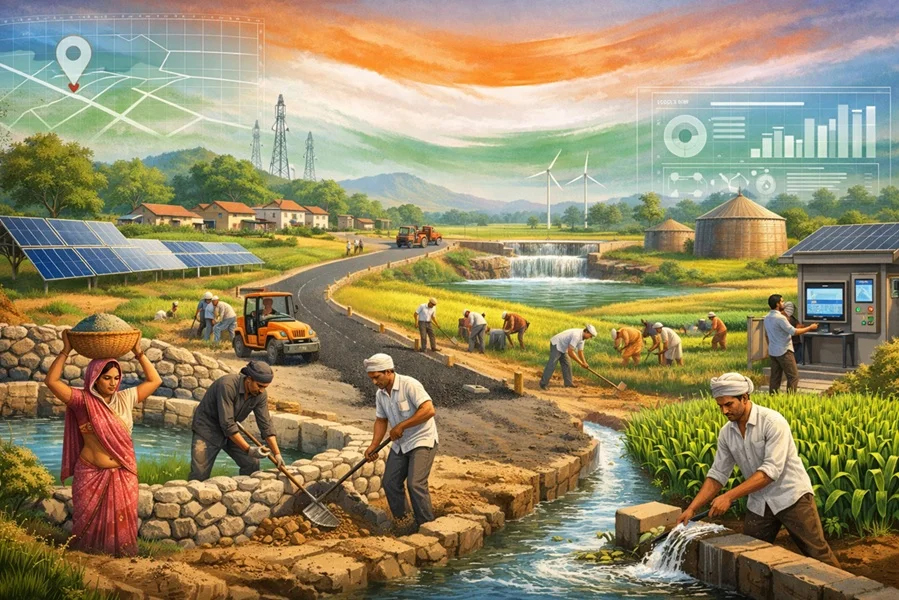
Daily News Analysis for UPSC | Current Affairs for UPSC Preparation | Dhyeya IAS / 24 Dec 2025
Rural employment has been a cornerstone of India’s social protection framework for nearly two decades. Since its enactment in 2005, the Mahatma Gandhi National Rural Employment Guarantee Act (MGNREGA) played a key role in providing wage employment, stabilising rural incomes and creating basic infrastructure. Over time, however, the structure and objectives of rural India have evolved significantly. Rising incomes, expanded connectivity, widespread digital penetration and diversified livelihoods have altered the nature of rural employment needs..
View
Daily News Analysis for UPSC | Current Affairs for UPSC Preparation | Dhyeya IAS / 17 Dec 2025
Recently, India successfully concluded the 20th session of the Intergovernmental Committee for the Safeguarding of the Intangible Cultural Heritage (ICH) of UNESCO at the historic Red Fort, New Delhi. The six-day meeting marked the first time India hosted this important UNESCO committee, reinforcing its growing leadership in cultural diplomacy and global heritage governance..
View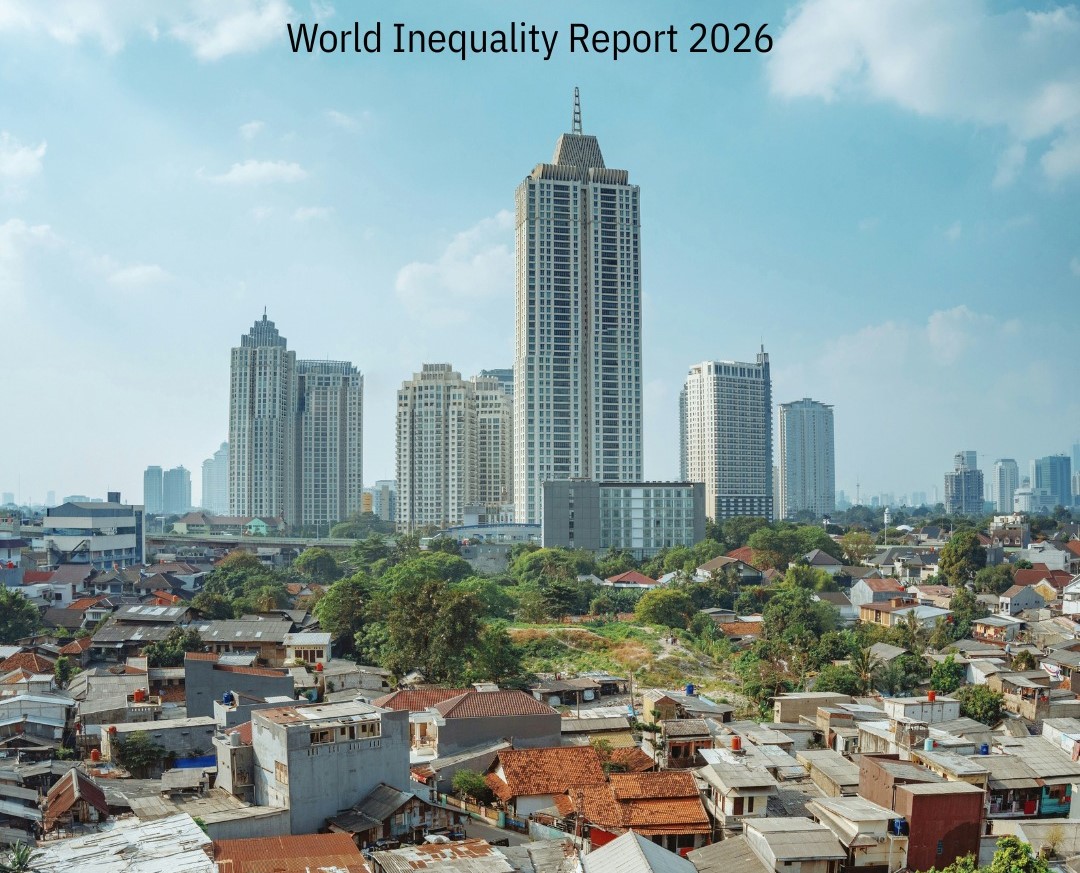
Daily News Analysis for UPSC | Current Affairs for UPSC Preparation | Dhyeya IAS / 13 Dec 2025
Recently, The World Inequality Report 2026, the third in its series after the 2018 and 2022 editions, was released by the World Inequality Lab, based on research by over 200 scholars worldwide. It provides detailed estimates and analysis of income and wealth inequalities both globally and within countries, including India. The report highlights that economic growth in many countries, including India, has been accompanied by widening disparities in income and wealth distribution..
View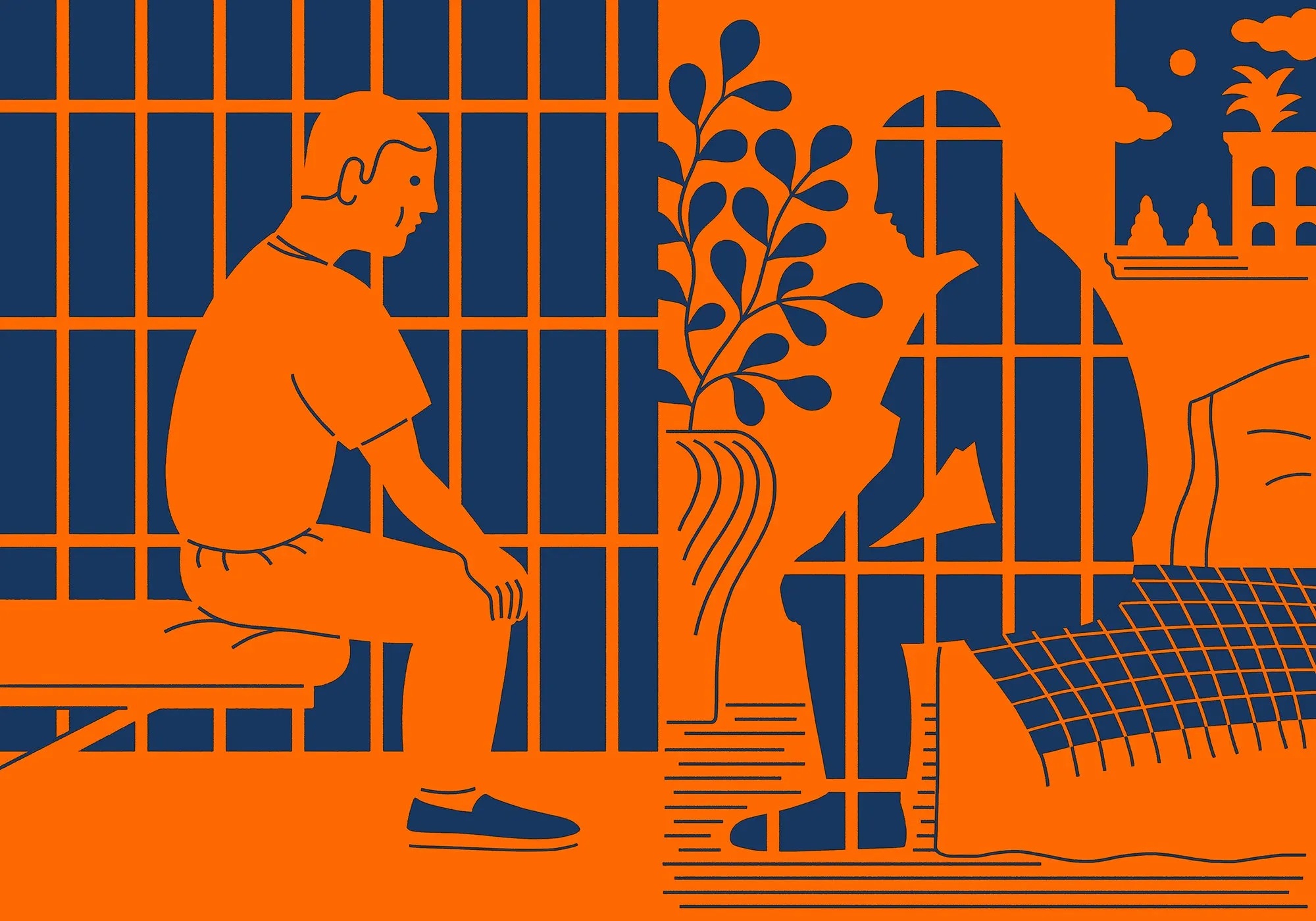
Daily News Analysis for UPSC | Current Affairs for UPSC Preparation | Dhyeya IAS / 10 Dec 2025
Recently, Chief Justice of India (CJI) Surya Kant inaugurated statewide skill development centers, ITI-level vocational training modules, and polytechnic diploma courses in Haryana jails. This initiative marks a significant shift in the approach of Indian prisons, emphasizing rehabilitation, reform, and reintegration rather than a purely punitive model of incarceration. This initiative aligns with the United Nations Nelson Mandela Rules and modern approaches to correctional justice, which place a strong emphasis on equality, employability, and mental health..
View
Daily News Analysis for UPSC | Current Affairs for UPSC Preparation | Dhyeya IAS / 09 Dec 2025
India has released the second National Action Plan on Antimicrobial Resistance (NAP-AMR 2.0) for 2025–29 at a time when antimicrobial resistance is rapidly emerging as one of the gravest public health threats of the century. Launched by the Union Minister of Health and Family Welfare, the new plan builds on India’s earlier efforts from 2010 onwards and aims to translate national intent into coordinated action across human health, animal health, agriculture, aquaculture, food systems and the environment..
View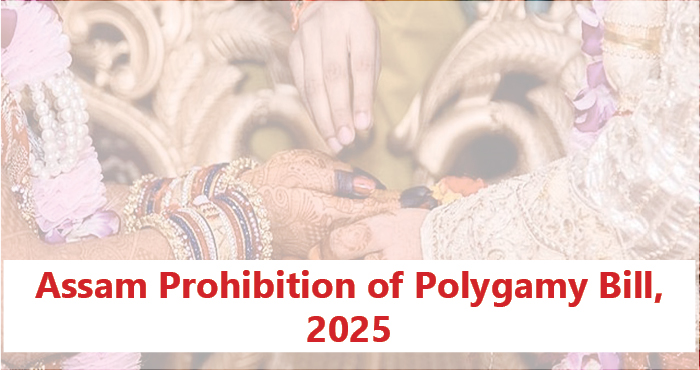
Daily News Analysis for UPSC | Current Affairs for UPSC Preparation | Dhyeya IAS / 08 Dec 2025
In recent years, the question of whether Indian states can intervene in personal laws—especially in matters like marriage and family—has become a major point of public, legal, and political discussion. The passage of the Assam Prohibition of Polygamy Bill, 2025, marks a significant moment in this debate. Assam has now become the second state after Uttarakhand to legislatively prohibit polygamy regardless of religious identity, raising key questions about gender justice, constitutional equality, and the evolving relationship between personal laws and state authority..
View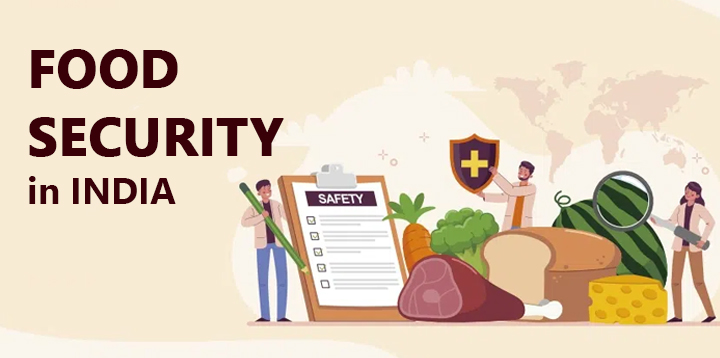
Daily News Analysis for UPSC | Current Affairs for UPSC Preparation | Dhyeya IAS / 05 Dec 2025
Food security forms the foundation of any nation’s public health system, economic stability, and social welfare. In the wake of changing global food consumption patterns, rising population, increasingly complex supply chains, and the interconnected nature of international food trade, it has become clear that universal access to safe and high-quality food is not merely a moral obligation but also a policy priority..
View